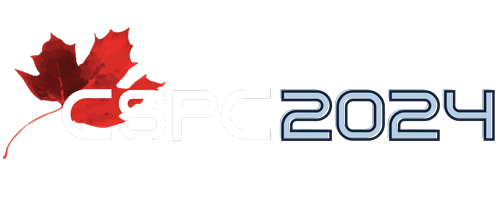One day, the U.S. president is taunting North Korea, treating nuclear conflict like it’s WrestleMania. The next, he glibly dismisses racial injustice in America by smearing black athletes engaged in peaceful protest. Other days, he brags about locking Muslims out of the country, scuttling global efforts on climate change, and spurning his country’s closest trading partners, including Canada. Watching it all is exhausting. How should we react in the face of this relentless volley of ignorance and wrong-headed decisions?
A first step is to look past the constant distraction and refuse to blindly follow the angry bouncing ball. True, Canada needs to respond to the specific threats posed by this presidency, but Canadians must not lose sight of the deeper cause behind these daily crises. Mr. Trump’s rise to power, like the Brexit campaign and the recent resurgence of nationalist sentiment in other countries, flows from a mindset that celebrates thoughtless leadership and rejects respectful, informed dialogue.
What was most shocking about Trump’s presidential campaign was not how many lies he told, but how comfortably he sidelined the truth. Falsehoods were exposed, but Trump didn’t so much as blush, and his support didn’t appear to suffer. It seemed the truth had lost its power to persuade.
The fading power of facts in public discourse, what you might call the “post-truth” problem, is an issue that every country must take seriously, including Canada. Granted, since Trump’s election, Canada has moved quickly to defend its interests, most notably in NAFTA negotiations. We have also showcased a highly successful refugee system to the world and advocated for international cooperation in the face of growing isolationism.
There remains work to do, however, to support the kind of informed, inclusive public dialogue that will enable Canada to address its biggest challenges and sustain the health of our democracy in the longer run.
Climate change, growing inequalities and reconciliation between Indigenous and non-Indigenous peoples are just some of the most obvious issues facing us. Each has deep social and cultural dimensions, and none are likely to be addressed by technological innovation alone. They require solutions informed by new insights from multiple fields, leading to action in a diverse mix of communities and different sectors of the economy. Scholars in the humanities and social sciences, who create knowledge about the way human systems function, and the way that different people think, behave and interact, will have an essential role to play.
Education is a primary defense against the post-truth phenomenon. We need more people who can think critically about complex topics, differentiate between good information and bad, see past their own biases, and respectfully consider other perspectives, especially when confronted with ethnic, religious or cultural differences.
New research is also vital. Scientists and scholars in diverse disciplines provide important evidence that supports informed, fact-based discussion. In a report on Canada’s research system released earlier this year, a federally-appointed panel concluded that new university-led research across disciplines is essential for the country to address its national challenges. This includes not only scholarship in areas such as medicine and engineering, but also in the humanities and social sciences. The authors emphasize that “societies without great science and scholarship across a wide range of disciplines are impoverished in multiple dimensions.”
The Government of Canada is still working on its vision for higher education and research in a post-truth world. Meanwhile, the Trump administration has made its choice, doing its best to cut funding for research and culture, and to shut down the National Endowments for the Humanities and the Arts. This is no coincidence — it aligns perfectly with Trump’s post-truth approach to politics. Canada has a responsibility to choose a different path.
Gabriel Miller is the Executive Director of the Federation for the Humanities and Social Sciences. He is moderating a Big Thinking lecture entitled “Expertise in a post-truth era: How to be a trusted advisor in a low-trust world” on Thursday, November 2 at the Canadian Science Policy Conference in Ottawa.


